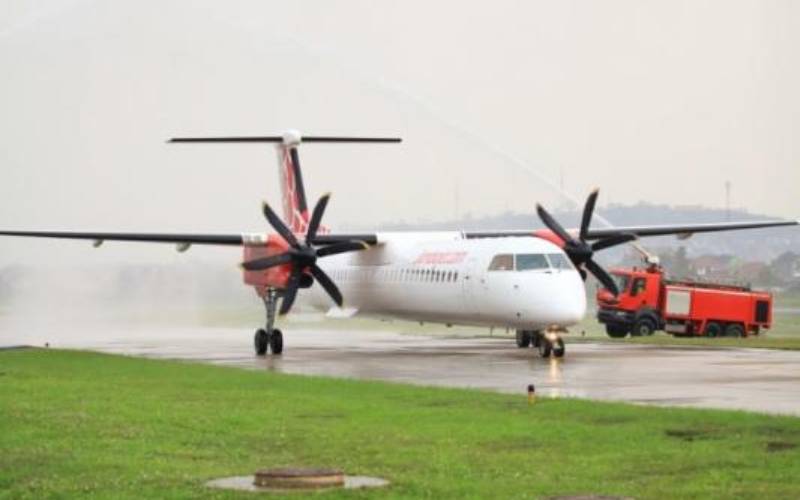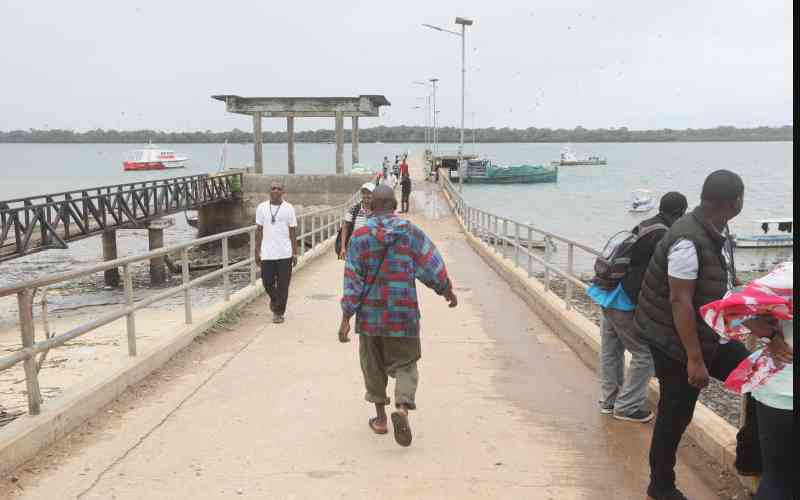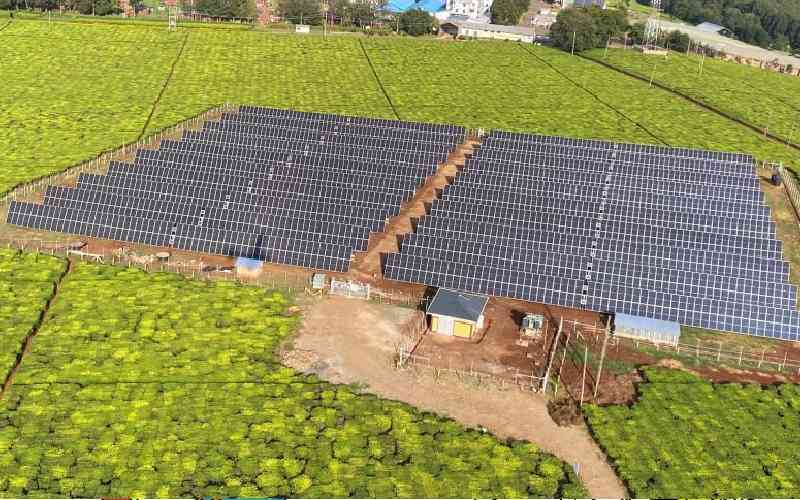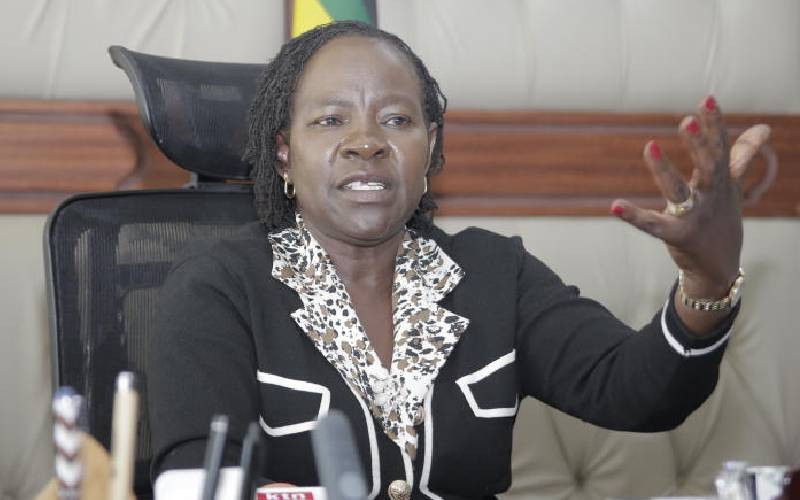
In 2015, I visited Gisenyi in western Rwanda on the border with DR Congo.
Besides Lake Kivu and the active volcano of Mt Nyiragongo, which glows at night, I noticed Ethiopian Airlines planes flying to Goma, a vibrant town just across the border in the mineral-rich DR Congo.
Lake Kivu is Rwanda’s version of Naivasha.
I wondered why Kenya Airways (KQ) was not flying to this town. Why has it taken six years for Jambojet, KQ’s low-cost carrier, to fly to this town?
I suspect Jambojet’s foray into Goma has to do with prospects of peace in the troubled country following the exit of strongman Joseph Kabila and the ascent to power of President Felix Tshisekedi.
Remember Kenyan leaders frequent visits to DR Congo before the polls? Did you know that Kenya is providing troops to stabilise eastern DRC? Is this one of the dividends of peace?
Irrespective of who is in power in Congo, the country remains a lucrative export market and an attractive investment destination.
Why do we allow other people to make money as we watch? In the case of Goma, I noted that the most popular language is Swahili! Kenya Airways and any Kenyan investor would be at home there.
Landing in Goma long after our competitors is a failure in our strategic thinking and planning.
Never mind strategic management is the most popular area of study in our business schools.
Our lag in taking advantage of situations is not unique to the delayed Goma flights. Remember our celebration over direct flights to the US? Ethiopian Airlines had landed there 20 years earlier.
It seems though we tout ourselves as the leaders in Eastern Africa, we take too long to see opportunities and exploit them.
There are other examples. For instance, we took about a quarter of a century before facing East (read China). While China had opened up to the rest of the world in 1978, it’s only after Kibaki became president that we got into a serious dialogue with the “Dragon.”
We still saw China as a communist country, not a market or investment destination.
And even after we decided to engage, it has been about China building our infrastructure, such as roads and the Standard Gauge Railway (SGR), not investing there like South Korea, Japan, the US, Germany and other countries, whose brands reap billions of dollars in the country with a population of 1.4 billion. Just visit China and see what we lost by tethering ourselves to the past.
I wonder if China features in our geography or history lessons despite her imminent rise as a world power.
I guess we are still tethered to the West. I know our business schools are yet to mount courses that focus on China.
Closer home, we know so little about our neighbours despite them being the key markets for our goods.
How much time and effort do we put into Ethiopia, Somalia, Tanzania, South Sudan, and Uganda?
How prepared are we for the African Continental Free Trade Area (AfCFTA)? In whispers, was invading and pacifying Somalia a sign of strategic awakening.
That we have not codified our strategic interests is not in doubt. But our millstone is the obsession with local issues.
All our political and economic energy is focused on local issues. It’s about the constituencies, the wards, the counties or their quarrels over how to share money with the national government, not how to generate it.
Our leaders, including Members of County Assemblies (MCAs) have not leveraged globalization, yet they love travelling abroad, not to seek economic opportunities but for the prestige that goes with it. What do they benchmark on?
We have an excuse that Covid-19 demonstrated the importance of thinking and acting locally. Make no mistake, globalisation will return; Covid-19 just paused it. It will reward those ready for it, are we?
Let’s give credit to our banks. They had ventured beyond the borders, including into DR Congo, long before Jambojet. Equity Bank is in Congo, and KCB also plans to join in.
We should have used the Covid-19-forced break to strategise on the next wave of globalisation and capitalise on it. Instead, we have put all our energy into next year’s polls.
The rest of the world sees beyond voting day. They plan across political cycles. They have strategic interests invariant to politics. Why not us?
 The Standard Group Plc is a multi-media organization with investments in media
platforms spanning newspaper print operations, television, radio broadcasting,
digital and online services. The Standard Group is recognized as a leading
multi-media house in Kenya with a key influence in matters of national and
international interest.
The Standard Group Plc is a multi-media organization with investments in media
platforms spanning newspaper print operations, television, radio broadcasting,
digital and online services. The Standard Group is recognized as a leading
multi-media house in Kenya with a key influence in matters of national and
international interest.
 The Standard Group Plc is a multi-media organization with investments in media
platforms spanning newspaper print operations, television, radio broadcasting,
digital and online services. The Standard Group is recognized as a leading
multi-media house in Kenya with a key influence in matters of national and
international interest.
The Standard Group Plc is a multi-media organization with investments in media
platforms spanning newspaper print operations, television, radio broadcasting,
digital and online services. The Standard Group is recognized as a leading
multi-media house in Kenya with a key influence in matters of national and
international interest.










